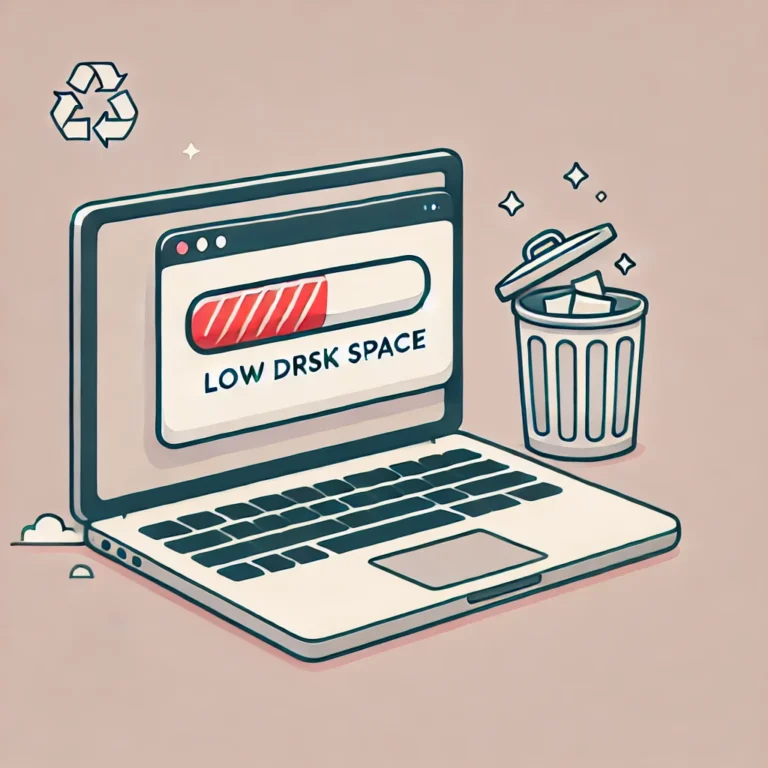Gaming and eSports Evolution and Future
Introduction
Gaming and eSports Evolution and Future have shaped the entertainment industry, turning casual play into a professional, competitive space. Gaming has transformed from a simple pastime into a multi-billion-dollar industry that influences technology, culture, and entertainment worldwide. With the rise of eSports, competitive gaming has become a mainstream phenomenon, attracting millions of fans and offering professional opportunities for players. This article explores the history, growth, and future of gaming and eSports.
The History of Gaming and eSports Evolution
Early Beginnings
The history of gaming dates back to the 1950s when scientists developed simple computer-based games. Some of the earliest games included:
- 1958: “Tennis for Two” – one of the first video games, created by William Higinbotham.
- 1962: “Spacewar!” – a pioneering multiplayer game developed by MIT students.
The Arcade Era (1970s-1980s)
The gaming industry began to gain traction with arcade machines. Some landmark events include:
- 1972: The release of “Pong” by Atari.
- 1980: “Pac-Man” revolutionized gaming with its unique gameplay and appeal.
- 1981: “Donkey Kong” introduced Mario, who became one of gaming’s most iconic characters.
The Home Console Revolution (1990s-2000s)
The emergence of home consoles changed gaming forever. Key developments included:
- 1985: The launch of the Nintendo Entertainment System (NES) with classic titles like “Super Mario Bros.”
- 1994: Sony released the PlayStation, bringing advanced graphics and 3D gaming.
- 2001: Microsoft entered the gaming market with the Xbox.
The Rise of eSports and Its Future
What is eSports?
eSports, or electronic sports, refers to competitive gaming where professional players and teams compete in organized tournaments. eSports has evolved into a multi-billion-dollar industry with a massive fan base.
The Growth of Competitive Gaming
Competitive gaming has existed since the 1970s, but the modern eSports era began with:
- 1997: The “Red Annihilation” tournament for “Quake” marked one of the first professional gaming events.
- 2000s: Games like “Counter-Strike” and “StarCraft” established competitive gaming communities.
- 2010s-Present: eSports exploded with major titles such as “League of Legends,” “Dota 2,” and “Fortnite.”
Major eSports Games
Some of the most popular eSports titles include:
- League of Legends (LoL) – A MOBA (Multiplayer Online Battle Arena) game with millions of fans.
- Counter-Strike: Global Offensive (CS:GO) – A tactical first-person shooter.
- Dota 2 – Known for its massive prize pools in The International tournament.
- Fortnite – A battle royale game that blends casual and competitive gameplay.
- Call of Duty (CoD) – A popular franchise with regular tournaments.
The Impact of Gaming and eSports
Economic Impact
- The global gaming industry is valued at over $200 billion.
- eSports tournaments offer multi-million-dollar prize pools, attracting sponsorships from major brands like Red Bull, Intel, and Nike.
Cultural Influence
- Gaming has influenced movies, TV shows, and fashion.
- Professional gamers and streamers like Ninja, Faker, and Shroud have become celebrities.
- Virtual and augmented reality (VR/AR) are changing the gaming experience.
Career Opportunities
- Professional eSports players earn salaries, sponsorships, and streaming revenue.
- The industry also offers careers in game development, broadcasting, marketing, and event management.
The Future of Gaming and eSports
Advancements in Technology
- Cloud Gaming: Services like Xbox Cloud Gaming and NVIDIA GeForce Now enable high-end gaming without expensive hardware.
- AI in Gaming: AI-driven NPCs and smarter game mechanics are improving player experiences.
- Virtual Reality (VR) and Augmented Reality (AR): Immersive gaming experiences are becoming mainstream.
The Expansion of eSports
- eSports may be included in future Olympic events.
- Universities are offering eSports scholarships and degrees.
- The industry will continue to grow with advancements in mobile gaming and 5G technology.
Conclusion
Gaming and eSports Evolution and Future have evolved from niche hobbies to global industries with significant economic, cultural, and technological impacts. As technology continues to advance, the future of gaming looks more exciting than ever, with opportunities for players, developers, and fans alike.






